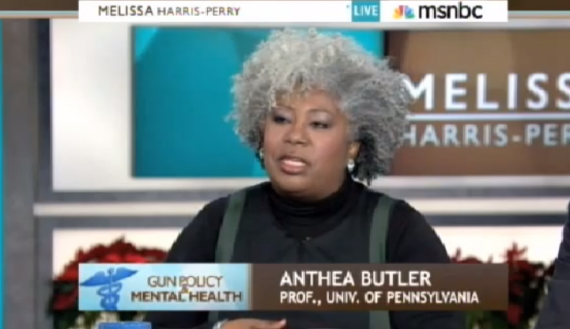
An Open Letter to Anthea Butler
Associate Professor of Religious Studies and Graduate Chair in the Department of Religious Studies at the University of Pennsylvania.
Dear Dr. Butler,
I read with interest your recent Op Ed piece in The Washington Post entitled: “Shooters of color are called ‘terrorists’ and ‘thugs.’ Why are white shooters called ‘mentally ill?’
Clearly, you were making a point about how the public and, more importantly, our justice system view persons of color and treat them differently from white suspects. As someone who has spent time inside a maximum security prison and numerous jails as a journalist, and also covered criminal trials, I agree with the observation that minorities are treated much harsher. Comparisons of incarceration rates and a visit to any death row prove that. My book, Circumstantial Evidence: Death, Life and Justice in a Southern Town, chronicles how racism contributed to the wrongful conviction of an African American man in Alabama.
But your assertion that labeling whites “mentally ill” is a media tactic to make them more sympathetic is a red herring and your suggestion that mass murders by white shooters are excused by writers who blame our mental health system on being flawed is hyperbolic.
I am one of those writers and, as the parent of an adult son with a serious mental illness who has been both arrested and shot by the police with a taser, I find your comparison troubling and stigmatizing.
Whites who have committed recent mass murders –the gunmen in Newtown, Aurora and Tucson – were mentally ill and our mental health system did fail them. Your article conveniently overlooked Seung-Hui Cho, who murdered 32 at Virginia Tech, before killing himself. He had a mental illness and was Asian. Aaron Alexis, who murdered twelve at the Washington Navy Yard, had a mental illness. He was black.
Mental illnesses do not recognize race and it was not racial bias that caused the media to mention that these mass murderers had mental disorders. It was reality.
Public sympathy?
Prisoners with mental illnesses spend four to eight times longer in jail than others charged with identical crimes. Forty-two percent of persons shot by the police are mentally ill. The Tucson shooter was sentenced to life in prison without parole. The alleged Aurora shooter faces a death sentence.
Studies show individuals with mental illnesses are more likely to be victims of crimes than perpetrators. Yet, the public portrayal of them is as tainted as it is about people of color. If there is a segment of our population who is treated equally unfairly and just as harsh by our criminal justice system, it is persons with mental illnesses regardless of their color. It’s unfortunate that you decided to illustrate systemic racism by making a claim that denigrates another class of disenfranchised Americans.
Sincerely,
Pete Earley



